Hello, Alberta Innovation Community,
The rapid pace of technological innovation has resulted in a significant talent gap for tech companies. A recent survey of Canadian technology hiring managers revealed that over half have identified a skills gap in their department, and almost 50% believe that impact is more noticeable today than one year ago.
Skills-based hiring, which screens for specific competencies rather than focusing on degrees, previous job titles, and years of experience, has emerged as a potential method to alleviate this gap since it significantly widens and diversifies the available talent pool.
Skills-based hiring allows candidates to highlight their ability and initiative to upskill and keep abreast of the most current technologies, either through completing micro-credentials or learning on their own time. In addition, the skills assessment portion of the interview provides proof of the candidate’s proficiencies, which can lead to greater productivity in a shorter period of time and greater employee retention rates (since employees are more likely to be engaged in their work).
While skills-based hiring offers many benefits, the primary challenge of this hiring method is needing to clearly define all the skills necessary for the position (and future developmental roles), and determining the best way to validate a candidate’s proficiency with those current and future skills.
Work-integrated learning (WIL) experiences, such as the FIRST Jobs Program, offer a tremendous opportunity to assess a candidate’s skills, but other methods may include reviewing examples of work. Many companies have incorporated small sample problems into their interview practices – to be completed ahead, during, or post interview. There also needs to be a balance between the focus on skills and still giving consideration to a candidate’s qualifications and work experience. Formal education provides a strong basis for a large span of candidate value – but is not necessarily a barrier to entry, or a guarantee of competency.
As technology continues to evolve, continuous learning becomes essential – making skills-based hiring a strong approach to finding the right candidates that will help your business grow and thrive.



